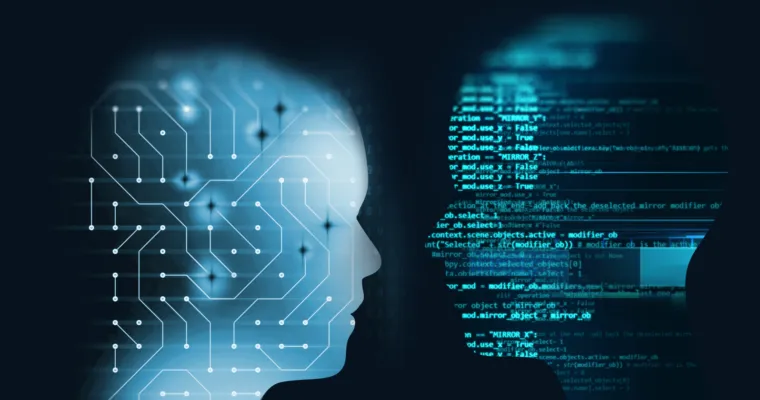The combined power of data and information technology is advancing innovation in nearly every area of human enterprise.The economic statistics are clear: according to McKinsey Global Institute, the global volume of data doubles every three years. This exponential increase is mainly linked to the rise of digital platforms, wireless sensors and the billions of smartphones in circulation. However, in such a flow of data, respect for morals and the human person can be endangered.**In fact, Data Science reached the point at which an ethical pledge is deemed necessary.**Justifying the need to focus on Data Science ethics goes beyond just observing these opportunities and challenges, as the practice of Data Science challenges our perception of what it means to _“be human.”_While universities quickly implemented Data Science programs focused on statistics, Machine Learning and Data Engineering, few programs address the broader societal concerns of Data Science. Fewer still are those who analyze how responsible data practices can be conditioned and even encouraged.Although the impact of information technology on the organization of private and public enterprises has been widely debated over the past four decades, the impact of Data Science on the management of enterprises has been the subject of much less attention.By focusing on Data Science, these contextual concerns bring to light their own ethical considerations. If data is never objective, to what extent does management need to understand the context in which the data was collected, analyzed and transmitted?Likewise, with algorithms becoming more and more widespread and complex, to what extent should data scientists understand their own assumptions and their limits?
“In medicine, you learn about ethics from day one. In data science, it’s not very commun. Actually, it has to be there from day one and at the forefront of your mind in every step you take.”
Many organizations started to employ data scientists who have a solid understanding of how to analyze data and gain maximum insight to make decisions based on algorithms. When analyzing this data, the data scientist faces ethical challenges such as data collection bias, algorithmic bias, explanation results, confidentiality, etc. In order to formulate and produce morally good solutions, he needs to stick to some ethical rules that will guide himHow then can we make a data scientist more ethical, what could inspire a data scientist to do ethical work or what moral laws or rules have been established to inspire an ethical environment?To date, there has been no law or rule to inspire an ethical environment for data scientists. However, as a member of the data science community and a fresh data science consultant, I tried to establish several principles of ethics that will guide me and inform the good data science practice. I also wrote a draft referring to the Hippocratic oath for Data Science that I will share with you in this article.
#data-scientist #data-science #ethics
